Interviews with Marketers: Isabella Fink

Isabella is a marketer, writer, and editor with a background in media production and land-based education. She champions stories, programs, services, and products. Currently, she manages content marketing at Firmex, a B2B SaaS provider of virtual data rooms.
What do you love most about the marketing world?
I think good storytelling and writing—two things I love—are at the heart of marketing. I also like its interdisciplinary nature. As marketers, we talk a lot about wearing different hats. This variety keeps it interesting and lets me switch between more analytic and creative approaches. I enjoy that balance between the two.
Good storytelling depends on understanding the audience. It requires thinking about people’s behaviour, how they respond both emotionally and rationally, and how we make decisions based on that. I’m not always thinking about these high concepts in my day-to-day marketing tasks, but I do think these ideas inform everything in the background. Writing good copy comes from that combination of being analytical, being creative, and thinking about people at the center and how we work.
Can you tell us about a challenge you’ve had to overcome?
One challenge I have is measuring success or measuring the impact of content. Especially when it’s content at the awareness phase, I’m always trying to think about how to link the work that we‘re doing and the more tangible demand that might be generated down the line from that content. How am I going to measure that? How do I figure out what meaningful measurement is? How do I communicate to others what story that data tells?
Another challenge is what to do with this information. How does it affect us? Will we do things the same because it‘s working or because we think it’s working, or will we change and iterate because we think we’d like a different impact from something that we’re doing? These are cyclical challenges with solutions that evolve.
Then there is a challenge with scale. We have a compact team focused on content, and we’re supporting several different channels and initiatives, as well as other practice areas within the marketing team and other teams in the organization. And so, I wanted to shout-out HeadStart as one of the puzzle pieces that has helped us scale and continue to create quality at a good cadence.
There’s also the challenge of knowing your niche and its audience well. The job of writers and marketers is to be able to speak any industry language, and I think we’re really good at this. It’s like pattern recognition and adaptation, taking the vernacular of a space and applying it to the good writing we already do. When I started my role, it was a challenge to know whether I was getting it right. Over time, you can go a level deeper and understand the context behind that vernacular or those processes and why something might be relevant or interesting to an audience. Now, I’m at a more instinctive level, where I know that something makes sense or resonates. And there isn’t that doubt if you’re getting it right for the audience.
Is there a specific approach or technique you can tell other marketers about so that they can apply it to any B2B audience?
I’ve had the chance to speak with clients as my role has evolved, and learning how practitioners talk about things has been helpful. For example, we do surveys that are the basis of reports we write, and over time, some of the same people will answer those surveys. This has helped me understand how individuals’ interests and concerns change over time. In the beginning, I was trying to understand things on a larger scale, and those bigger systems are key to understanding, but I’ve also been able to make connections, follow somebody on LinkedIn, and see what they’re posting about. I’ve noticed that if they’re reposting an article, their takeaway from that article might be different, or more specific, than the one that I might have come away with. Reading how they write about the work they do helps me create better content. It’s valuable for me to understand the niche processes that people are doing on a day-to-day basis in their work and to hear the way that they, maybe more colloquially or casually, speak about what they do.
Is there anything you are bringing to the table specifically that other marketers should take note of?
Before working in marketing, I worked in film, TV and commercial production, and that’s given me a specific—and very beneficial—literacy. Since a part of the content we do is video content, I’ve found this experience has been helpful when I’m working with freelancers or editors, having that understanding of what goes into a minute of video, in the same way that I understand what goes into a page of text. On a very practical level, even just understanding what file formats we’re going to need to deliver is helpful.
I also like talking to people! Of course, interpersonal skills apply in any role on any day, but they’ve been a big asset when it comes to the partnership creation and management side of my role, which has been an aspect of the job that I enjoy and didn’t expect. Going back to the interdisciplinary aspect of the role that I like, personal strengths can also support professional strengths, and those partnerships have been valuable and have brought some success to our content.
What is your #1 piece of advice for someone who wants to become a better marketer?
Something that I have been thinking about is my own consumer habits in relation to marketing. I’ll ask myself, “Why did I buy this thing today?” Or if I’m reading something or taking an interest in a company or a brand, I try to unpack that a little bit. For example, there’s an outdoor brand I follow on Instagram and I’m on their email list. I’ve never purchased anything from them, but I fill my cart every few months. When I do, I’ll try and answer, “Why did I fill my cart this time?” Is it because I saw they had a sale? Or because I’ve been seeing images of their products frequently? And then I ask, “Why do I not buy their stuff?” It turns out that often their inventory hasn’t changed that much over time, so if I didn’t purchase things the last time that I looked, there isn’t anything new. So, their marketing works well, but I haven’t bought anything because their product hasn’t changed at all. I’ll try to apply this to what I’m working on: How do you create a sense of newness if something hasn’t changed? Or, in reverse, if things are changing, how does that impact the way that you communicate about it and how do you create brand consistency?
Lastly, what is your MarTech stack?
I’m probably a little old-fashioned. I like manual processes because they help me think through things. Adopting sophisticated systems sometimes bypasses the part of me that gets to think through things. Still, the things that I rely on are a good project management system and a good scheduler. I’m an aspiring Google Analytics user, so I use it in some really basic functions: measuring impact, understanding which pieces of data are meaningful and tell a good story, and learning the language of Google Analytics.
I’m also finding ways to integrate tools like ChatGPT or Copilot. I had some reticence about using these tools, in that my role calls for using my ability to analyze and to come up with good copy. But I also feel like I’m not alone as a writer and editor because these tools complement what we bring to the table. I look for ways to make things more efficient and to open up space and capacity, even in my own brain. I want to be able to apply those skills in the places where it matters most, where there are more complicated problems to solve, when the communication is more complex, and when more factors are involved. Using these tools for simple tasks opens up space to focus on the meatier writing problems. They’re tools that save you time. I think I’m still a budding enthusiast in terms of wanting to figure out exactly how to make those tools work for me the best, and there’s a whole art to prompting—I don’t think I’ve totally grasped that yet—but I’m enjoying figuring out how it works.
Those tools can be so great at following the rules, and that’s helpful. But it can also be great to know when to break the rules or play with the rules. I’m always interested in finding places where we want to be straight ahead and by the book or places where the wrong grammar is going to communicate better. The human element is relevant to these tools, and I think the human ability to interpret its output can be useful.
—
Here at HeadStart, we’re going against the grain, and we have been doing that for many years.We don’t want our clients to sound like everyone else, so we’re leaning in to writing with humans, for humans, and by humans. We work with you to create powerful, engaging marketing copy that gets attention. Contact HeadStart Copywriting today.
Some
Clients


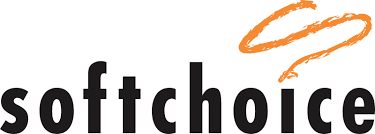

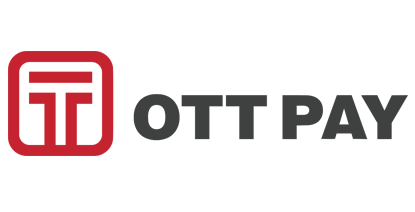
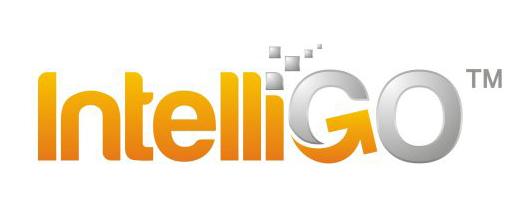


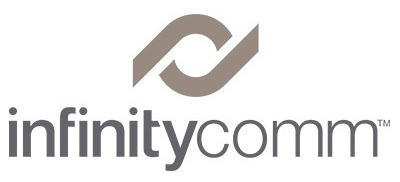
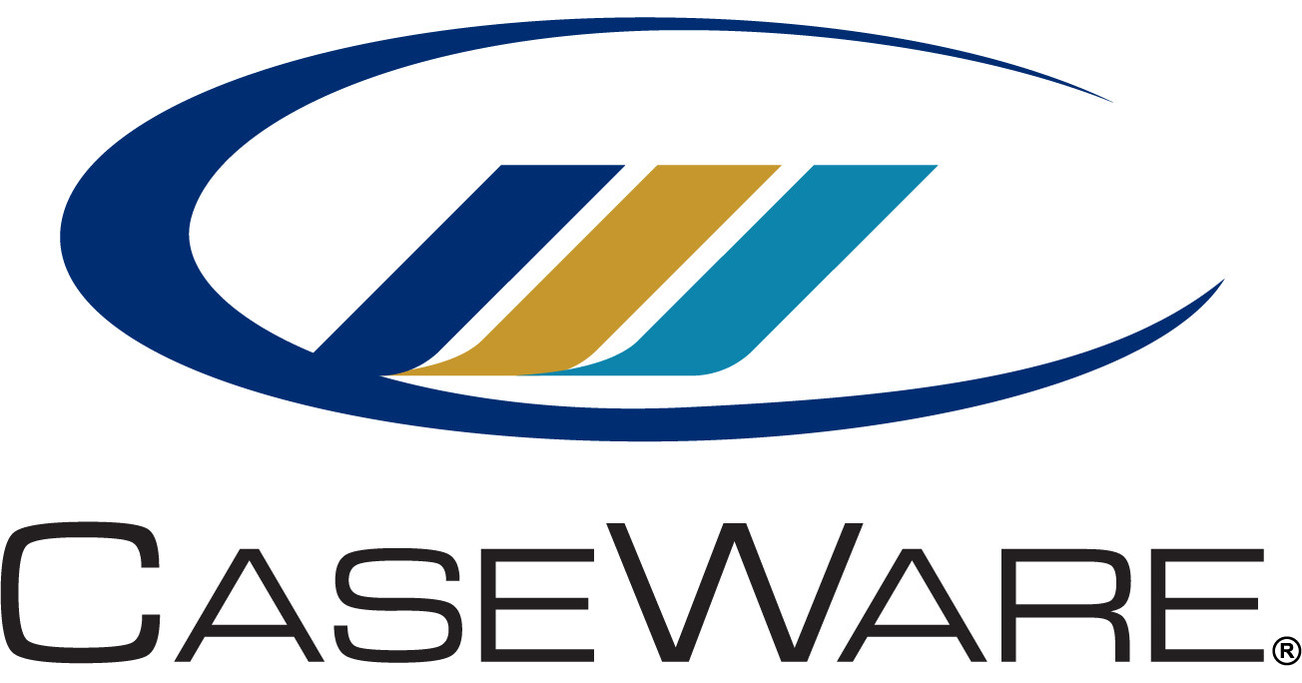
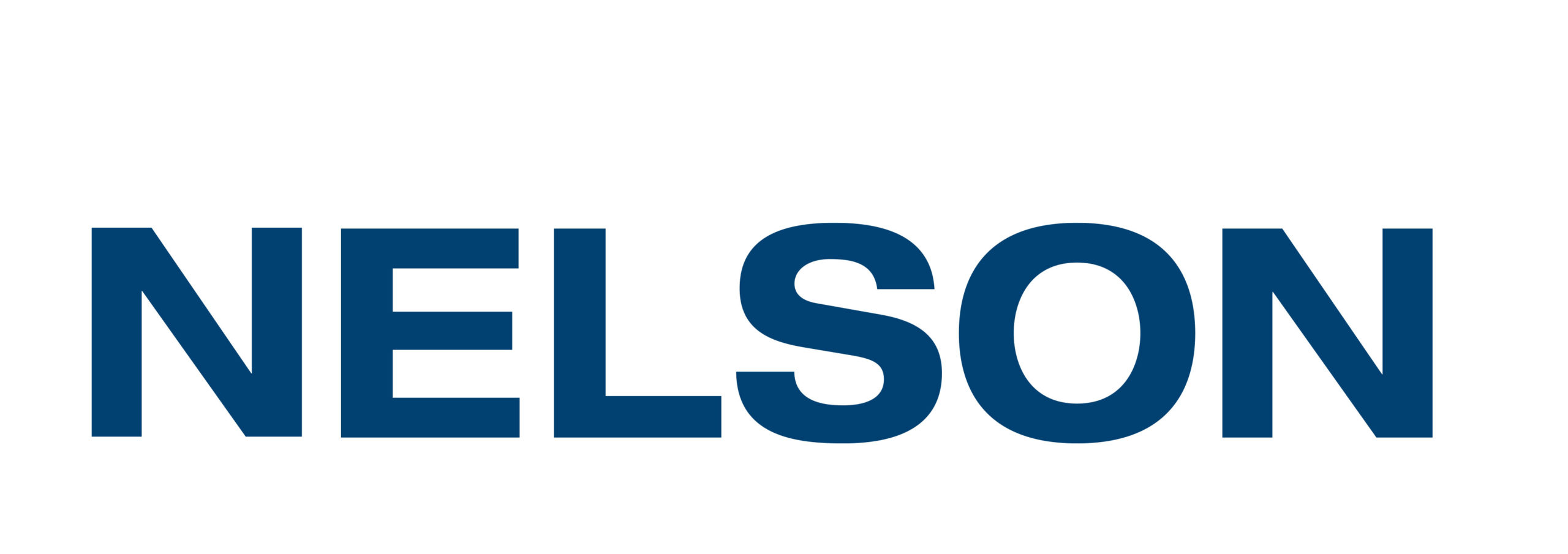
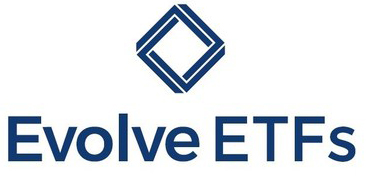

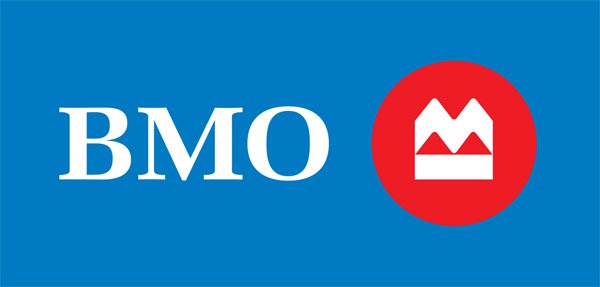
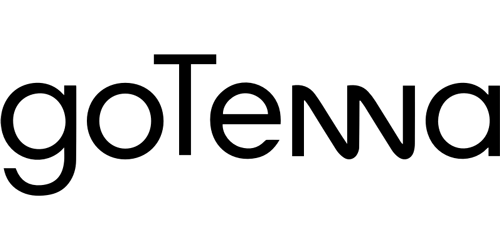
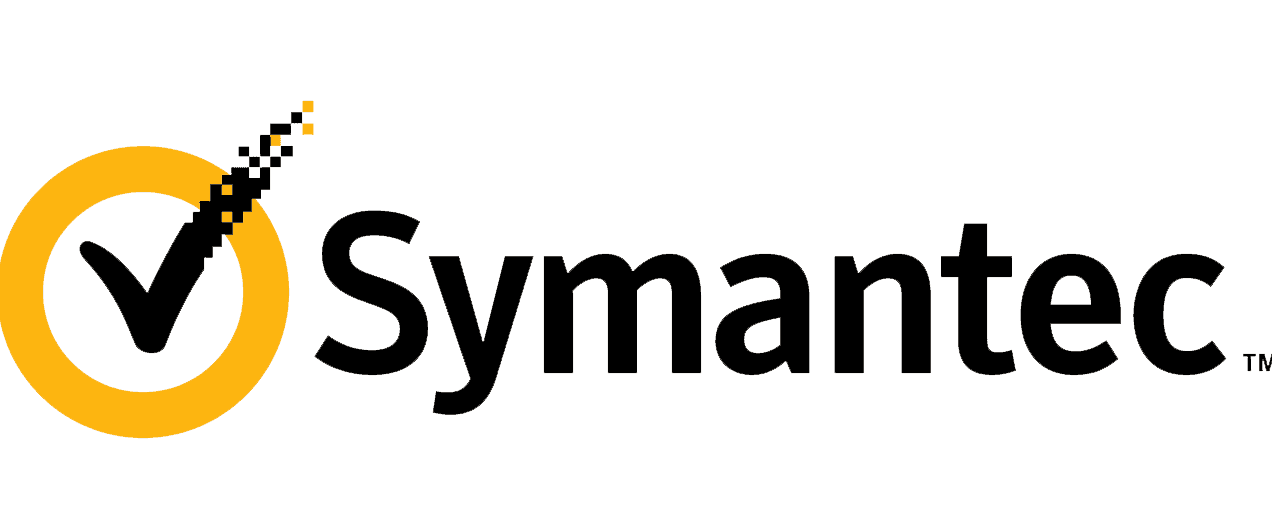
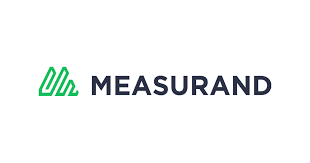
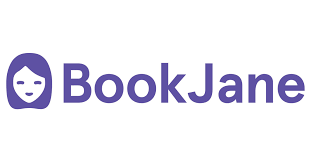
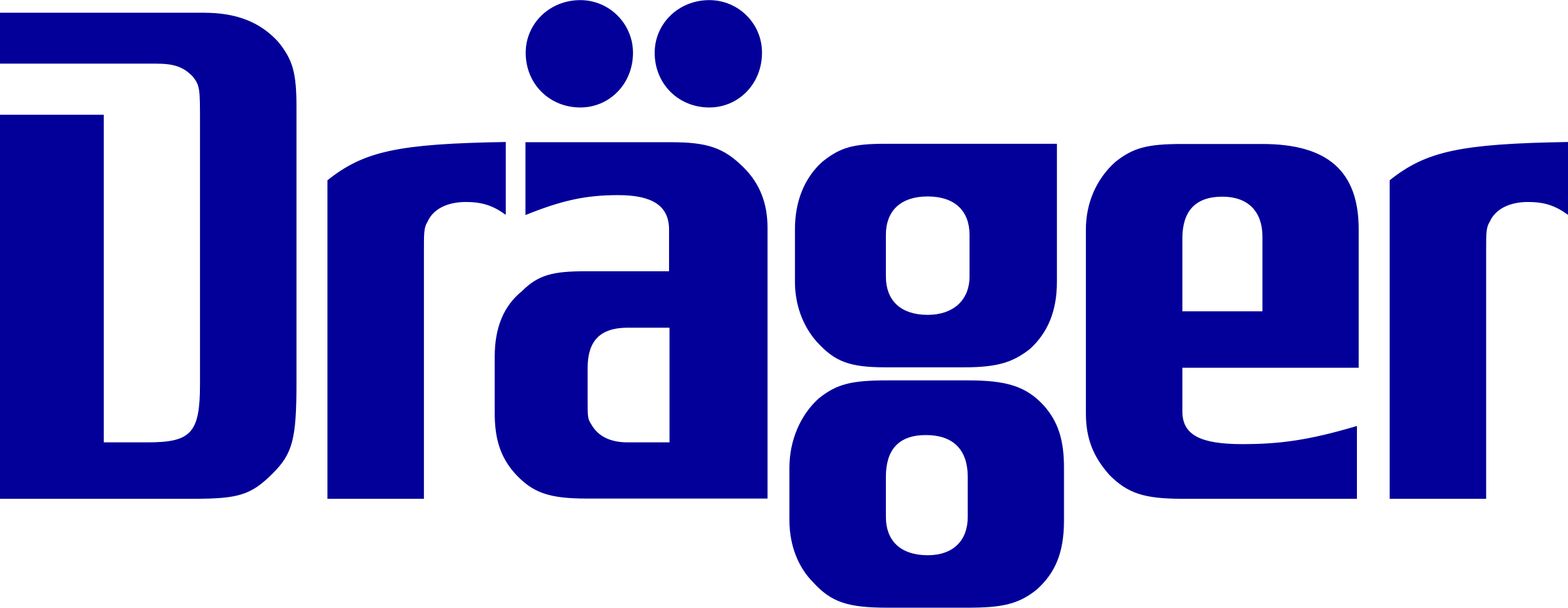















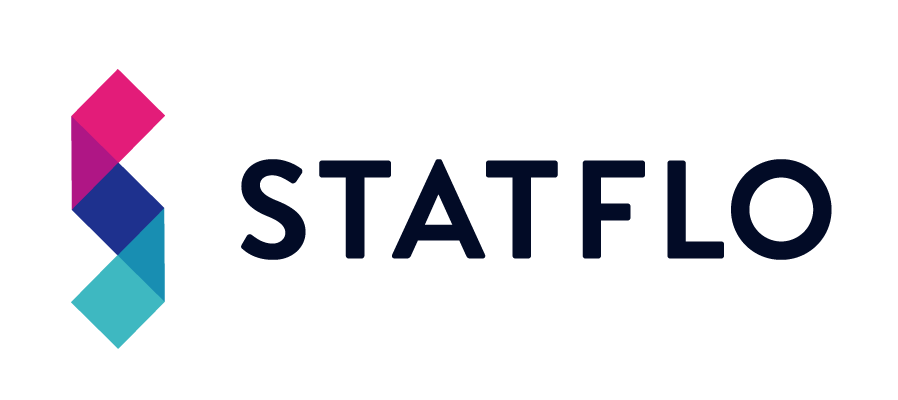

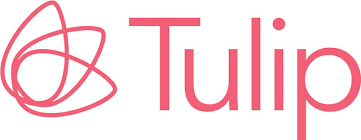

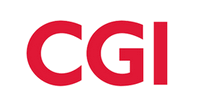
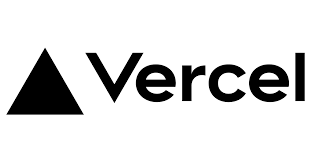








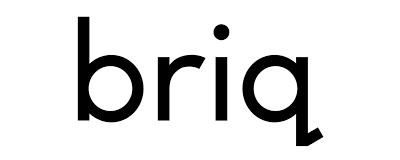
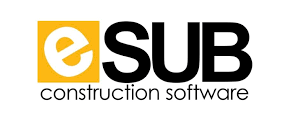
LET’S TALK!
HeadStart is an extension of your team to help you finish your content projects. Call 1.416.712.4440 or contact us.


